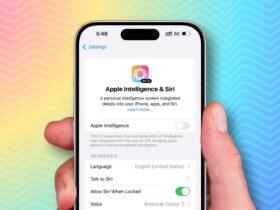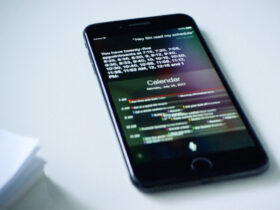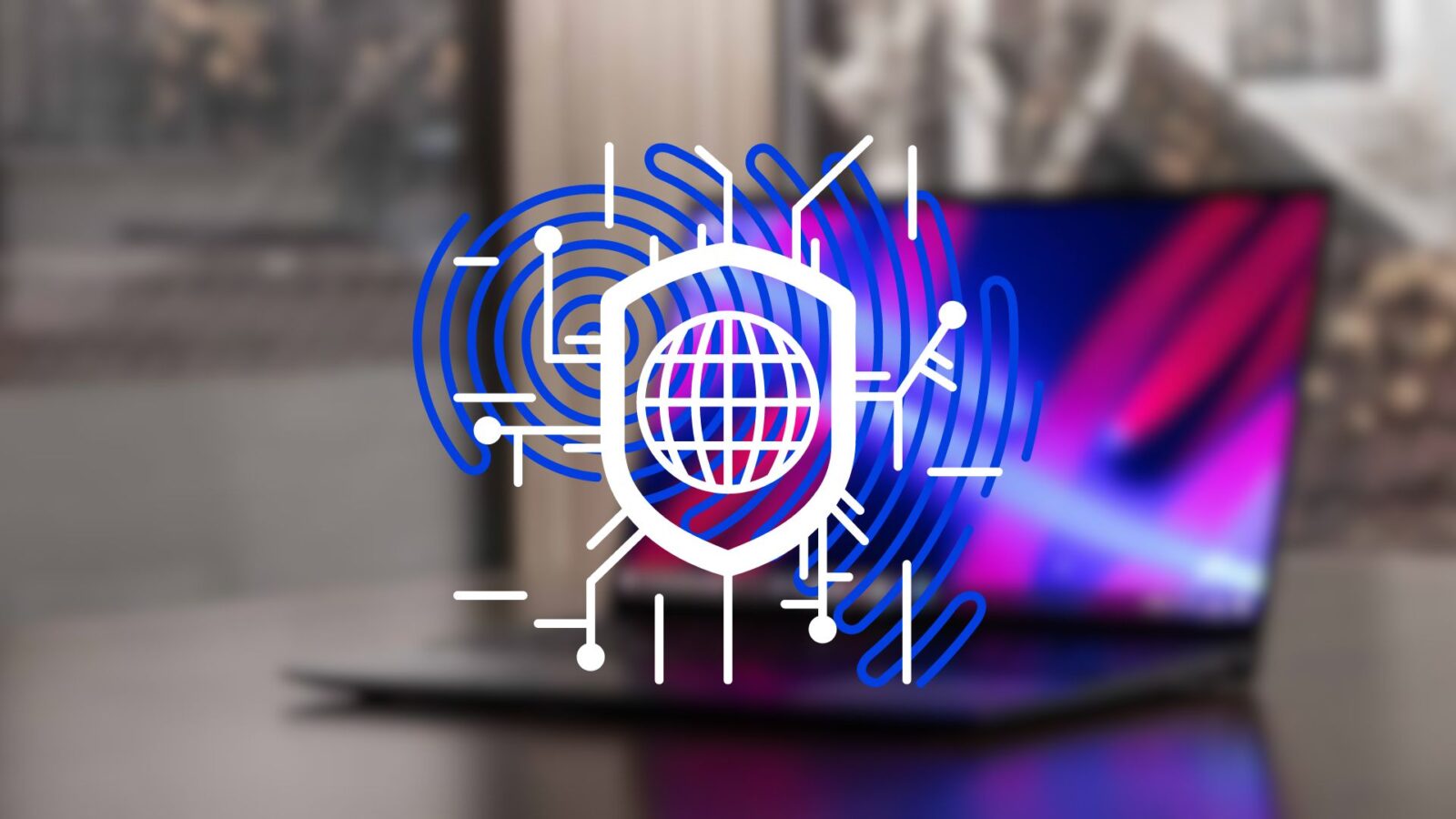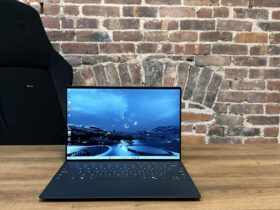Daftar Isi
Laptops have become indispensable tools for work, communication, and entertainment. However, with convenience comes risk—our laptops store sensitive information, from personal photos to financial records. Ensuring robust laptop security is crucial to safeguarding our data and privacy. In this comprehensive guide, we explore essential practices, cutting-edge tools, and practical steps to fortify your laptop against cyber threats.
Why Laptop Security Matters
The Data Goldmine
Your laptop holds a treasure trove of data: emails, passwords, financial transactions, and confidential documents. Cybercriminals constantly seek vulnerabilities to exploit. A breach could lead to identity theft, financial loss, or reputational damage. Prioritizing laptop security is akin to locking your front door—it’s the first line of defense against digital intruders.
The Evolving Threat Landscape
Cyber threats evolve rapidly. Malware, phishing attacks, and ransomware target laptops daily. Even legitimate software can harbor vulnerabilities. Staying informed about the latest threats and adopting proactive measures is essential. Remember, it’s not a matter of if but when your laptop faces a security challenge.
The Menace of Ransomware
Ransomware attacks have become a notorious headline in the realm of cyber threats, with incidents like the Colonial Pipeline attack underscoring their devastating potential. These attacks encrypt user data, holding it hostage until a ransom is paid. The best defense against such nefarious activities includes maintaining regular backups, adhering to stringent security protocols, and exercising extreme caution in email correspondence.
The Scourge of Malware
Malware, a contraction of malicious software, encompasses viruses, Trojans, and spyware that can infiltrate and compromise the integrity and functionality of your laptop. To combat this menace, the use of reputable antivirus software, steering clear of dubious downloads, and keeping your system meticulously updated are non-negotiable necessities.
The Deception of Phishing Attacks
Cybercriminals deploy phishing attacks, utilizing deceptive emails or messages to dupe users into divulging sensitive information. Vigilance against such tactics requires a healthy skepticism of unexpected emails, particularly those soliciting personal information or urging immediate action. Verification of sender authenticity, avoiding suspicious links, and a thorough understanding of phishing strategies are critical preventive measures.
The Challenge of Bypassing Multi-Factor Authentication (MFA)
While MFA introduces an additional security layer, savvy cybercriminals have devised methods to circumvent it. Keeping abreast of the latest vulnerabilities in MFA and selecting robust authentication methods are crucial. Regularly revising MFA settings and integrating supplementary security measures can fortify defenses.
The Dangers of AI in Cybersecurity
The advancement of artificial intelligence (AI) brings forth new cyber risks, with AI-powered attacks capable of exploiting vulnerabilities and automating malicious activities. Awareness of AI security trends and the adoption of AI defenses are imperative for future-proofing cybersecurity.
The Accessibility of Off-the-Shelf Malware
The proliferation of pre-built malware kits on the dark web has lowered the barrier for cybercriminals, enabling them to launch sophisticated attacks with minimal technical know-how. Constantly updating security software and scrutinizing suspicious files can mitigate these risks.
The Evolution of Email Scams
Innovative email scams continue to emerge, with cybercriminals constantly refining their strategies to ensnare unsuspecting victims. Awareness and education about new scam tactics, coupled with diligent verification of email origins, are essential for protection.
Read More: Laptop Accessories: Must-Have Additions
Fortifying Laptop Security: Best Practices
The cornerstone of laptop security lies in the adoption of strong passwords, complemented by the robust protection MFA provides. Keeping all software up to date is vital, as updates often include patches for security loopholes. Full disk encryption and secure Wi-Fi connections further safeguard against unauthorized data access, while regular backups ensure data integrity against loss or theft.
Embracing Cutting-Edge Security Tools
Investing in reputable antivirus software such as McAfee, BitDefender, or Malwarebytes affords real-time protection against the gamut of cyber threats. Secure browsers and password managers, like LastPass and Dashlane, offer enhanced laptop security measures, from generating complex passwords to secure storage, marking the end of password reuse.
In conclusion, as we navigate the digital frontier, the amount of effort for our laptop security should be paramount. By understanding the landscape of cyber threats and implementing the best practices outlined, we can shield our digital lives from the ever-present cyber dangers. In this ongoing battle against cybercrime, knowledge, vigilance, and the right tools are our best allies.
Conclusion
Laptop security isn’t an afterthought—it’s a proactive stance against digital threats. Regularly assess your security practices, educate yourself, and adapt to the evolving landscape. Remember, a well-protected laptop ensures peace of mind and empowers you to navigate the digital world confidently.
































